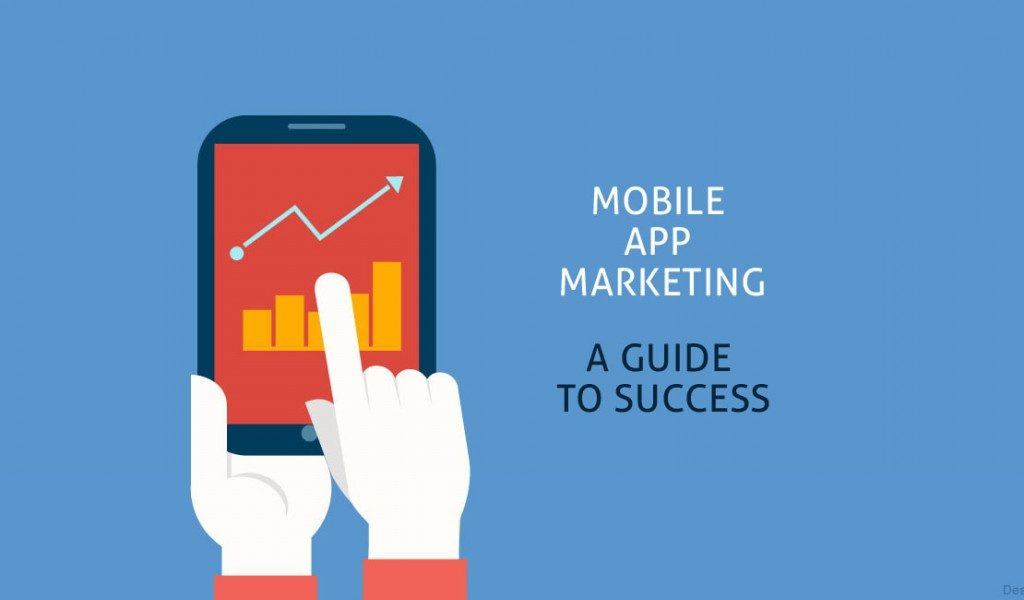
Mobile App marketing
Mobile App marketing matters. The number of apps available to Android users is 2.1 million on Google Play and iPhone users have 2 million available apps on the Apple App Store.
Mobile apps account for nearly half of global internet traffic and are an important channel to consider for businesses seeking to better communicate with customers.
But only 40% of smartphone users browse for apps in app stores. The majority find apps through search, websites, social media, ads, videos, reviews and recommendations.
Just because you build it, doesn’t mean they’ll come. A marketing plan for your Mobile App is as important as its development.
Here are 9 essential rules to follow for Mobile App marketing.
1. App store optimization (ASO)
Both Google Play and Apple’s App Store algorithmically prioritize certain apps in search results based on a variety of ranking factors (ratings, tags, screenshots, app title, download data etc.). However, unlike SEO (which primarily focuses on Google) app store optimization is not a one-size fits all game. The most important ranking factor when it comes to app store optimisation is your app’s title. If you’ve built a train time-checker app, then it’s recommended to use ‘train time checker’ in the title.
You can use Google’s Adwords Keyword Tool (with the device setting on mobile) to identify which terms and phrases are relevant to your app people search for the most on mobile.
2. Social media marketing and advertising
One of the most effective ways of acquiring mobile app installs has been through clever use of Facebook’s advertising platform. Use a combination of page promoted posts & sponsored stories targeted to mobile news feeds. Similarly, promoted tweets are another highly effective way of driving mobile app downloads when set up correctly. Start off with a small budget testing various different keyword segments, and scale up what drives the best cost-per-acquisitions. Reddit advertising is ridiculously cheap. Play around with advertising or contributing on niche social networks, such as Reddit or Quora.
3. Reviews, drive them naturally
Reviews are a huge aspect of app store optimization, as well as an important factor in convincing people to download your app. It’s extremely important that you find an effective way of driving reviews in a way that’s natural and won’t trigger Google or Apple’s spam filters. Offer something cool – be it some free credits or an extended subscription, giving the user something valuable in return for a review is a win-win situation that seems to work well.
4. Microsite with a blog for effective search engine optimization (SEO)
A micro-site opens up a whole host of marketing possibilities. If you’ve built an app that sells concert tickets in London, you could build a micro-site and do some SEO around it. If you ranked #1 for ‘London concert tickets’ you’d drive approximately 8,100 people searching for ‘London Concert Tickets’ to your app per month. If you create a blog on your site, you can find many other relevant keywords for your app and write blogs using these keywords in titles to continuously drive traffic to your site and, for there, to your app.
5. YouTube channel for app instructions
You can also create your own YouTube videos on how to use the app to deal with specific problems. This will help capture people that are looking for solutions to those problems, and convert them into users. Once they see a step-by-step guide on how they can use the application for their needs, they’re so much more likely to give it a try. Remember that even simple apps can be confusing to some people, even with instructions and onboarding. A demonstration is a great way to get customers interested in downloading and using the app.
6. Email marketing
Email marketing is still one of the most effective ways of driving traffic, building advocacy, and converting leads to users / customers. Build a newsletter and offer your potential users information that’s useful and valuable to them. They’ll respect you for it and ultimately be more inclined to download your app.
7. Start Mobile App marketing before launch
From the minute the app concepts and designs are complete, you should be thinking of marketing it. Figure out who your ideal users are, why they should download the app, and how to encourage them. If only 40%
search for apps through the mobile app store and the rest find the apps through YouTube videos, blogs, and tutorials online, among other options; that’s means your missing out on over half the audience you could have if you start Mobile App marketing early.
8. Use Mobile App marketing to engage with potential customers
In order to create the ideal app, it has to be designed to meet your ideal users’ needs. So you should get feedback from your target audience throughout the creation process. Seek out and engage with potential customers during the app creation process. Get feedback from real users through through your microsite, your blog, your YouTube Channel and social media.
9. Get more feedback from customers after launch
Mobile apps in app stores are often ranked on popularity and value, based on ratings. So you definitely want to get customer feedback and more reviews to increase the possibility of more downloads after launch. You should also include contact info in your app descriptions, so customers can reach out with more detailed feedback or questions.
Do these rules for Mobile App marketing make sense to you? If your thinking of developing a Mobile App for your business, do you need a Mobile App marketing plan?
